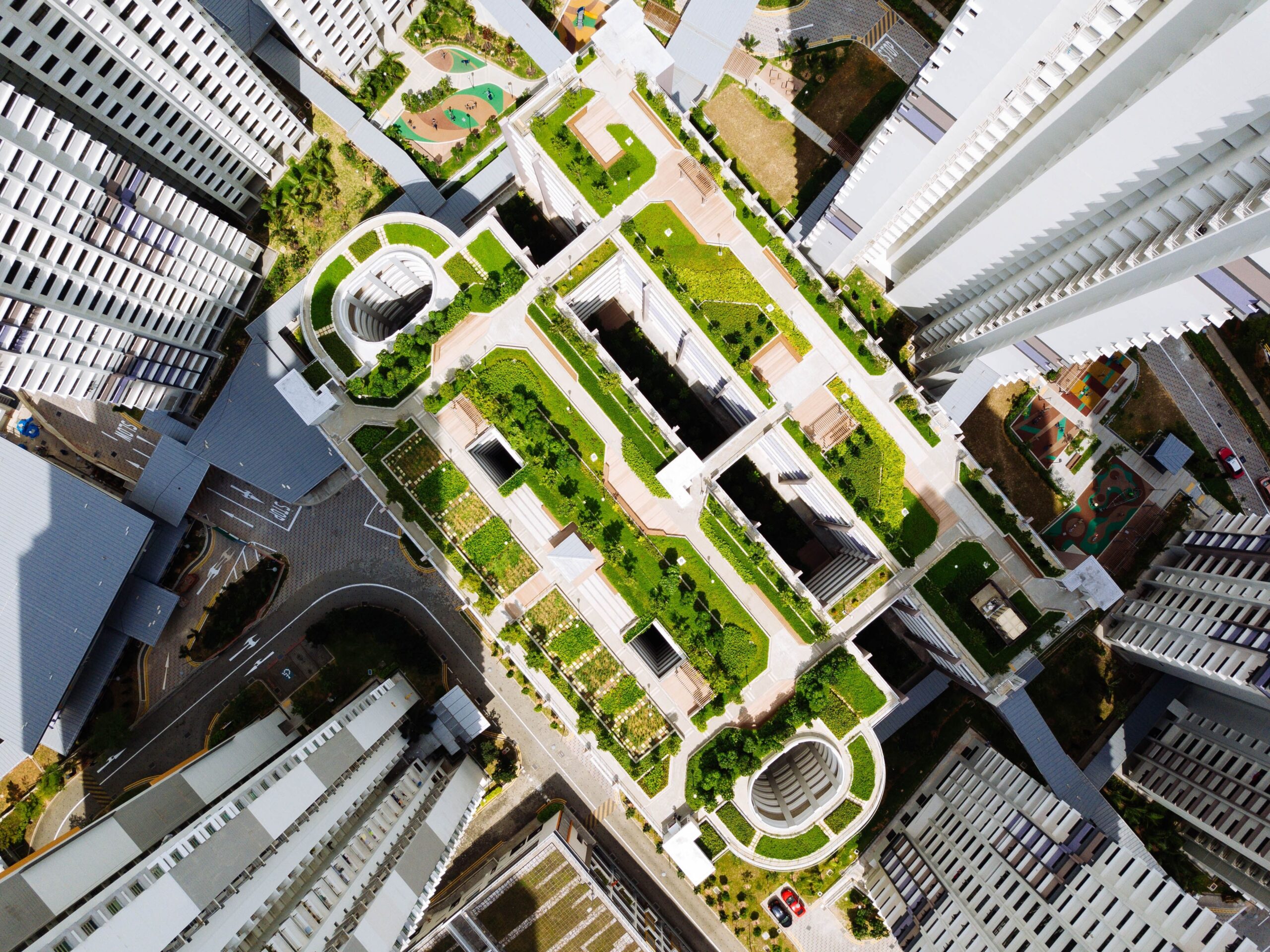Smart Climate Cities
The project is completed. Through the creation of a dialogue platform for Baltic and German cities, the project enabled the exploration of strategies for sustainable urban infrastructure. In the long term, mutual learnings and common project development contribute to the discussion and development of sustainable and climate-friendly smart city concepts that can be implemented on a long-term.
Digitalisation Energy Transition and Climate-Neutral Buildings Municipalities

Project info
Estonia, Germany, Latvia, Lithuania
10/19 - 02/21
Local governments, Civil society, Associations, Private sector
187,302.00 €
Contact info
Benno Keppner
-
- Kaunas University of Technology (KTU)
- Riga Energy Agency (REA)
- Tartu Regional Energy Agency (TREA)
Background
While cities contribute to a large degree to CO2-emissions globally, they also face the effects of rising temperatures. In the EU, this increasingly encourages municipalities to develop “smart” solutions for urban infrastructures and their integration. Right now, there are several pilot projects run in Baltic and German cities. The Baltic Dialogue Platform on smart solutions for urban infrastructure acted as a link between these projects and encouraged other cities to invest in the strategic planning of smart cities.
Project
The project followed a twofold goal: first, it promoted European exchange and learnings on smart cities and climate mitigation by connecting pilot projects from Estonia, Latvia, Lithuania, and Germany. The purpose was to exchange best practices from various infrastructure sectors such as mobility, energy and waste management, water, and their mutual integration.

Second, it provided insights into climate-efficient governance structures and methods for developing monitoring and evaluation (M&E) systems that can be used to mitigate the impacts of climate change and for smart cities to promote effective climate action.
State of Results
Over 14 months, the project included several activities. It invites partners from Baltic and German municipalities, in particular from their departments for digitization, environment, and urban development. Municipal businesses and energy providers were also brought on board, as they play an important role in the implementation of smart city solutions.
The project included four dialogue events (one in each country), dialogue documents, and the project website. During the dialogue events, the participants conceptualized climate-friendly smart solutions to improve the carbon footprint of cities through infrastructure alternatives. Municipalities were supported through the dialogue documents and website, which include specific guidelines for climate-friendly smart city development.
Thus, the project contributed to the scientific and political discourse on smart cities, hoping to encourage cities to become more active in the field of climate mitigation through smart infrastructure.
Last update: July 2024
